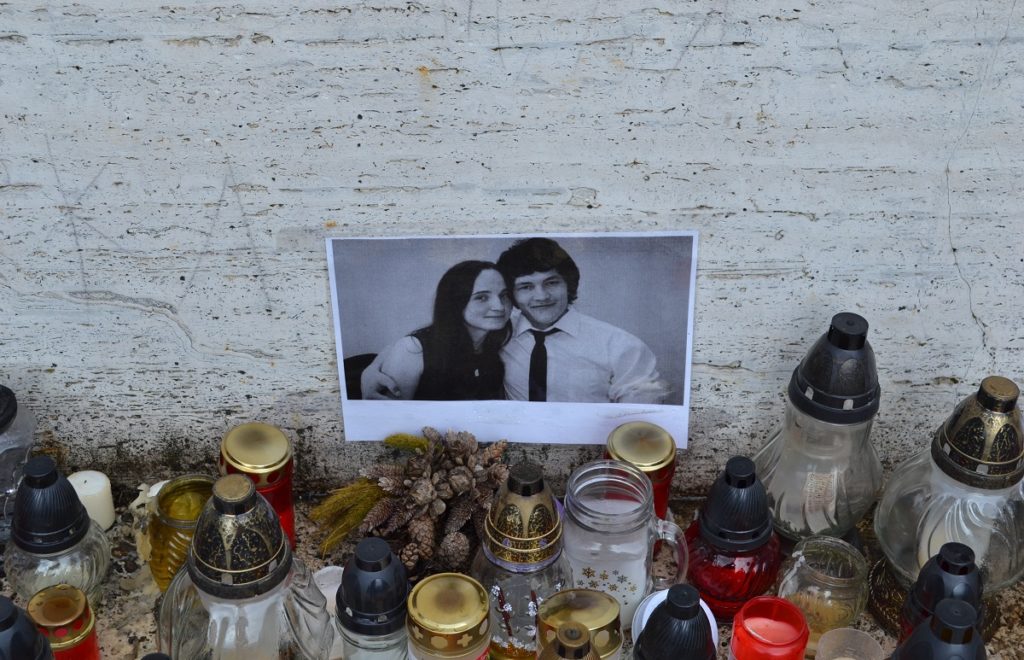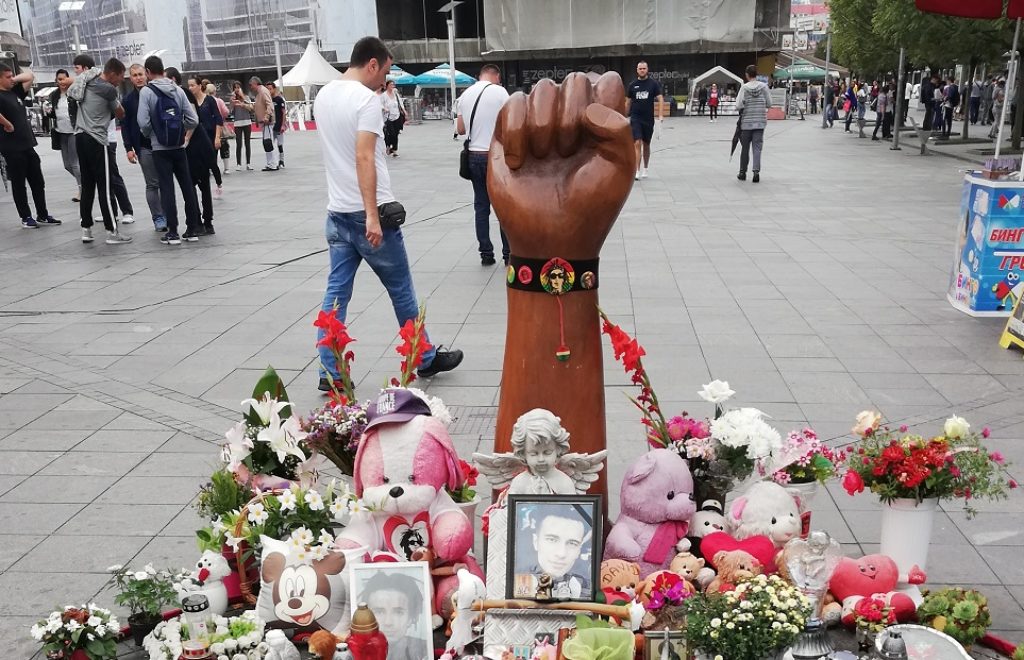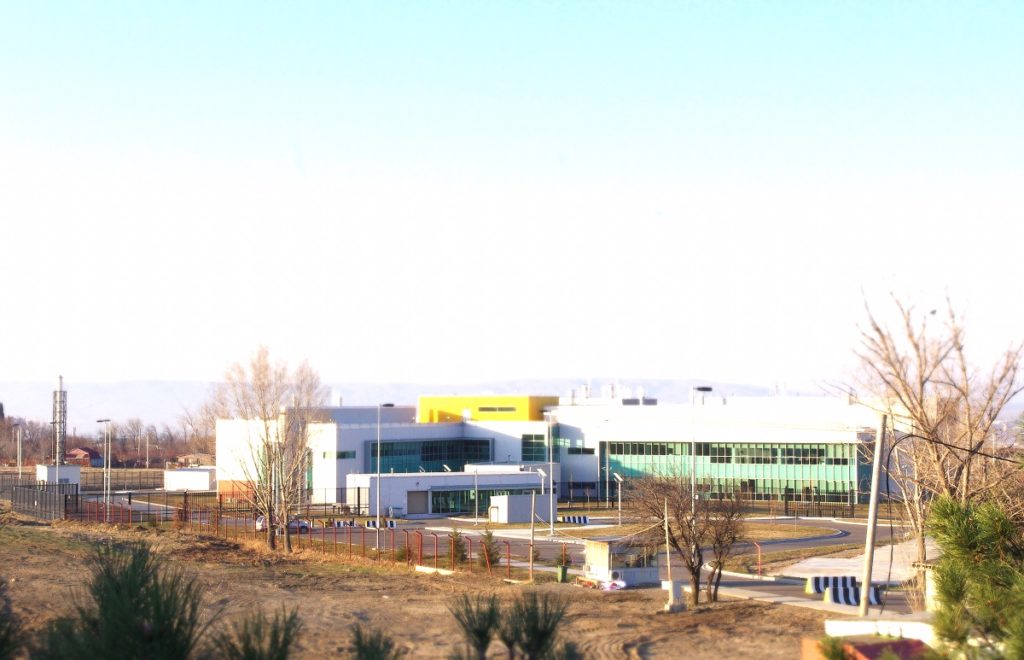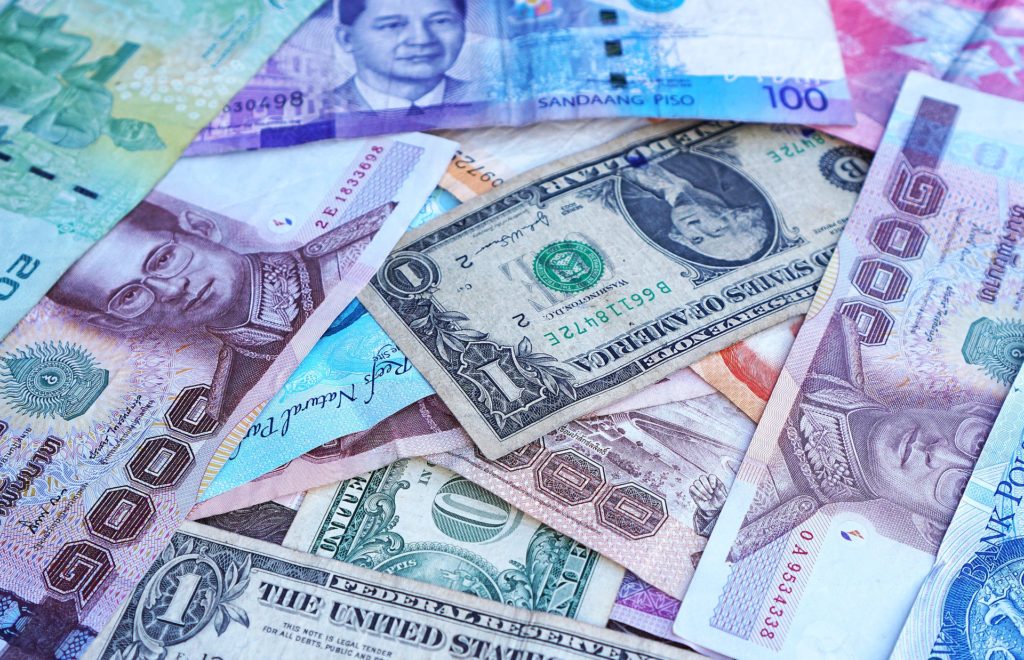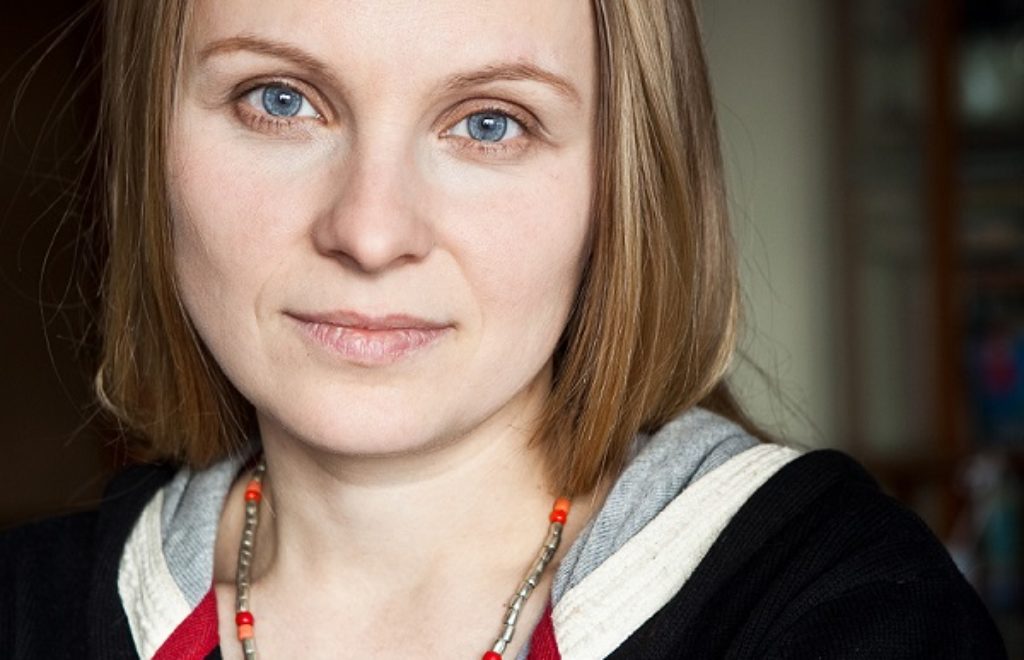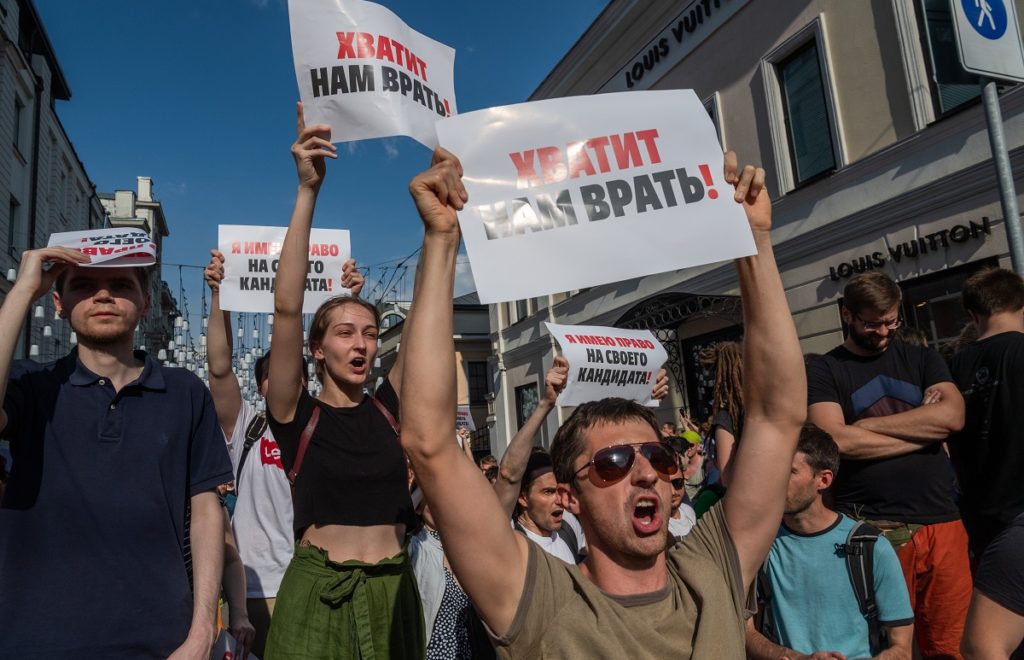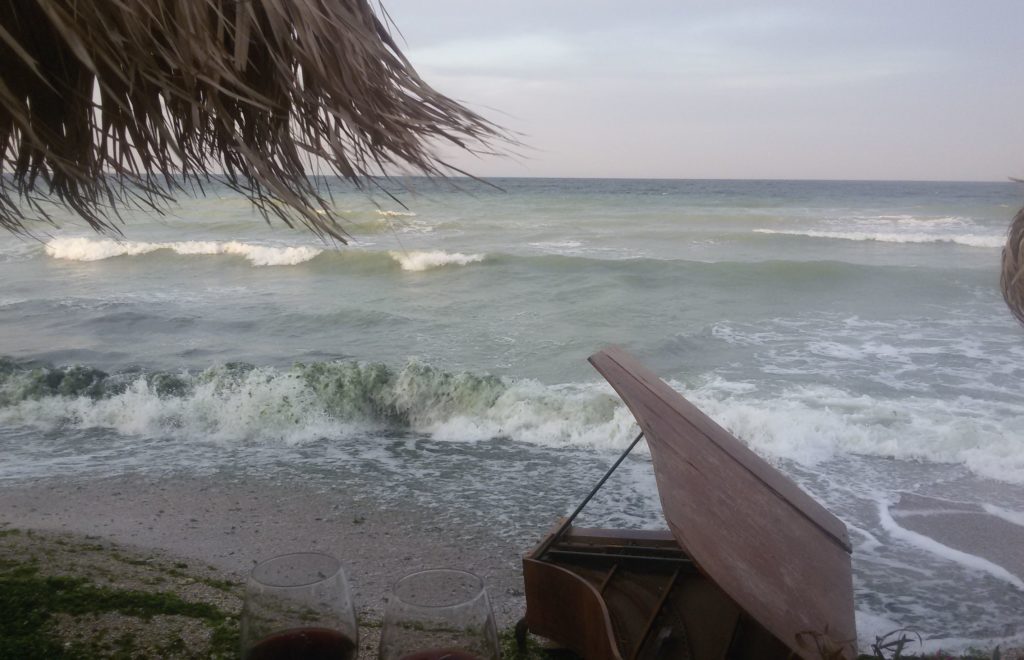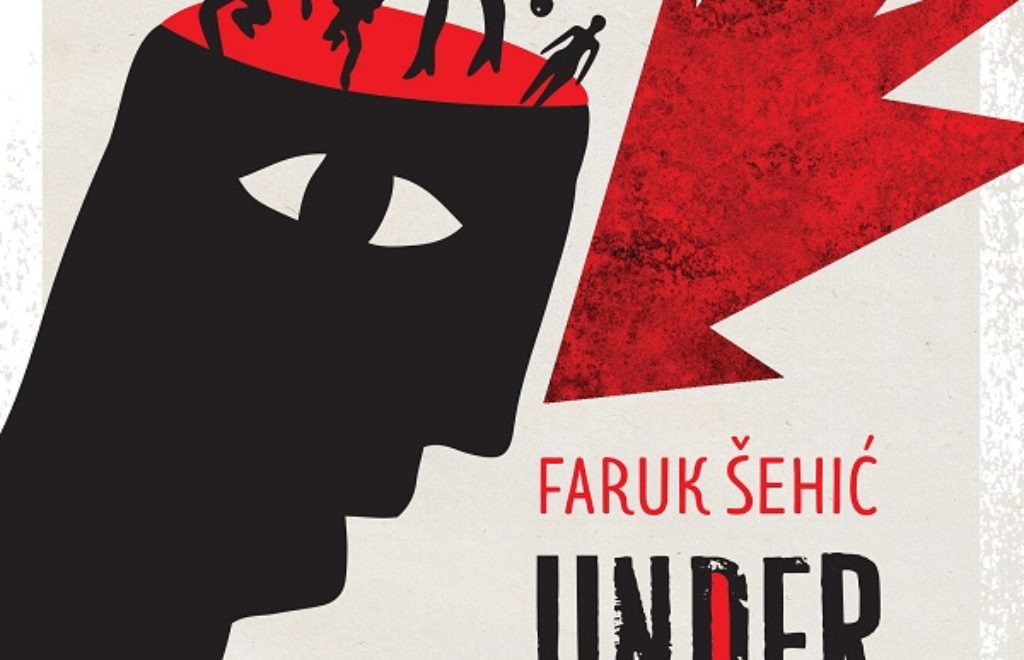The risks and rewards of investigative journalism in Central Eastern Europe
The independent NGO Reporters Without Borders (RSF) warns that in Europe “hatred of journalists has degenerated into violence, contributing to an increase in fear.” Whereas the EU is no longer a safe haven for journalists, the media environment in Central and Eastern Europe has been deteriorating. The Visegrad Four countries have been plummeting in the Freedom House's Freedom of the Press and the RSF's Press Freedom Index rankings since 2015. Hungary dropped from 67th to 87th place on the Press Freedom Index between 2016 and 2019, while Freedom of the Press changed the status of Hungarian media from “free” to “partly free” in 2012.
August 26, 2019 - Lorenzo Berardi


